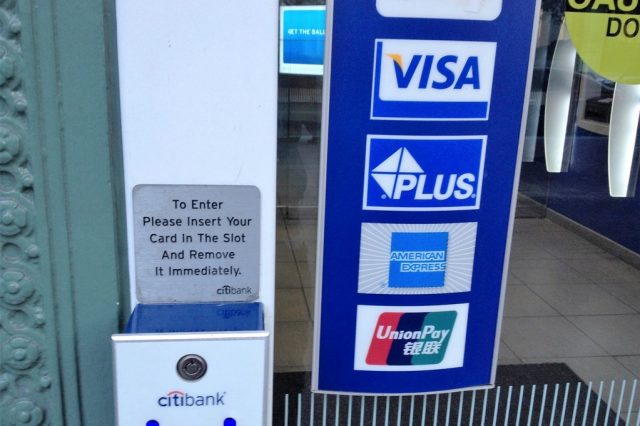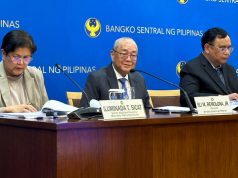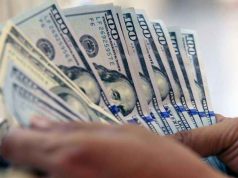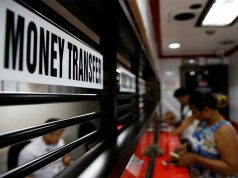MANILA, PHILIPPINES — Filipinos are becoming tech-savvy in their payment attitudes, an official of a global payments technology said, as he sees strong opportunities for banks to make leaps in terms of delivery of payment-related products.
Results of the 2016 Visa Consumer Payment Attitudes Survey showed a big improvement on Filipinos’ appreciation of the electronic payment system, with six out of the 10 respondents saying they prefer electronic payments rather than paying in cash.
This number translates to a 57 percent outcome, up from 46 percent during the similar survey done five year ago, Visa Country Manager for the Philippines and Guam Stuart Tomlinson said in a briefing Wednesday.
The survey was done online and participated in equally by about 3,000 persons aged 18-55 years old from six Asian countries namely the Philippines, Singapore, Malaysia, Thailand, Indonesia and Vietnam.
Results for the Philippines alone showed that 49 percent of Filipinos are carrying more cards and 29 percent carry less cash since they consider e-payments safer than carrying cash.
It also showed that 71 percent of Filipinos shop online at least once a month, up 11 percent compared to the previous year, as digital shopping attracts more people.
Most of these online transactions involve bills payments and purchases of personal electronics, fashion and accessories, travel and beauty and cosmetics.
Data from the VisaNet showed that e-commerce in the Philippines is growing above 30 percent year-on-year.
“This indicates strong electronic payment opportunities in the future,” Tomlinson said.
The Visa official said that although e-commerce continues to rise in the Philippines, e-payments only account for about nine percent of consumer spending.
“Our study shows the majority of Filipinos prefer to use electronic payments, so we’re focused on driving greater education, merchant acceptance, and introducing new payment innovations to help them make this preference a reality,” he said.
The Bangko Sentral ng Pilipinas (BSP) has teamed-up with banks for its National Retail Payment System (NRPS) program, eyed for implementation in the third quarter of 2017.
NRPS is targeted to increase electronic payment usage from the current one percent to around 20 percent of total payments by 2020 through seamless, convenient, affordable and secure fund transfers between banks and electronic money (e-money) accounts.
“We are very supportive of what the BSP is doing,” Tomlinson said, citing that this program will further boost the domestic economy.









